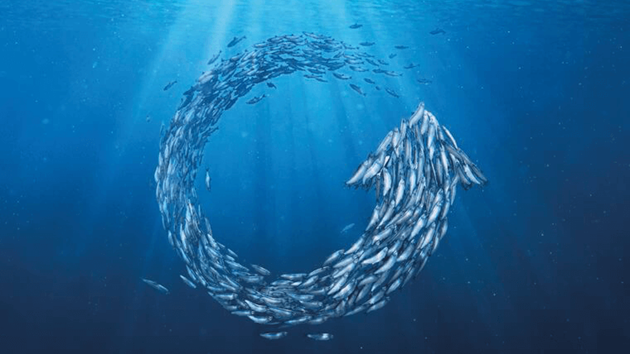Learn about Antarctica and the Southern Ocean in terms of their ecosystem, and human impacts such as fishing and climate change.
These resources can be used to
- support learning using the House of Science Antarctica Kit
- celebrate International Antarctica Day (1 December)
- learn more about the Southern Ocean, the history of Antarctic harvesting, krill and Antarctic fisheries.
NOTE: Some of these resources were developed in partnership with the International Antarctic Centre.
About the MSC & the Southern Ocean
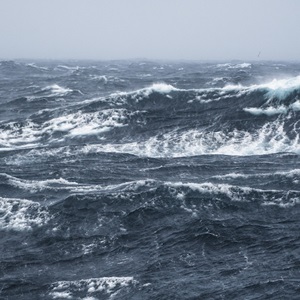
Kahoot Quiz: Southern Ocean Literacy
Test your 'Southern' Ocean Literacy knowledge using our Kahoot! Quiz. The Southern Ocean otherwise known as the Antarctic Ocean includes parts of the south of the Pacific, Atlantic, and Indian ocean and their tributary seas surrounding Antarctica below 60° S. It is unbroken by any other continental landmass.
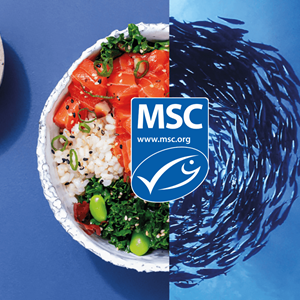
MSC Blue Label - What does it mean?
Find out more about the MSC Blue Label. The blue MSC label is only applied to wild fish or seafood from fisheries that have been certified to the MSC Fisheries Standard, a set of requirements for sustainable fishing. Fish and seafood with the blue label comes from a fishery that has been independently assessed on its impacts to wild fish populations and the ecosystems they're part of.
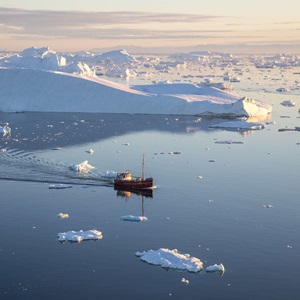
Overfishing & why we need the MSC Blue Label?
Overfishing occurs when too many fish in a particular stock are caught and there are not enough adults to breed and sustain a healthy population. The United Nations Food and Agriculture Organisation monitors over 500 fish stocks around the globe. In 2022, it is estimated that over 35% of these fish stocks were overfished.
About Sustainable fishing in Antarctica and the creatures that live in the ocean under the ice
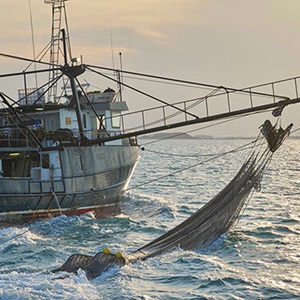
What is sustainable fishing?
Fishing is sustainable if it leaves enough fish in the oceans and minimises impacts on habitats and ecosystems. For this to happen, fisheries must be managed effectively.
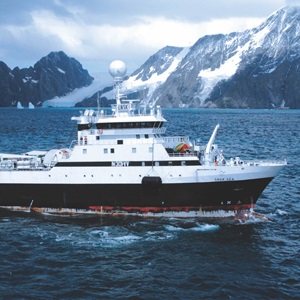
CCAMLR, Antarctic Fishing & Observers
Fishing in the Antarctic is regulated by the Commission for the Conservation of Antarctic Marine Living Resources (CCAMLR). Since 2020 CCAMLR has required 100% observer coverage of all fishing vessels. Independent onboard observers collate evidence of interactions with other species and discards of target catch.
.tmb-thumb300.jpg?Status=Master&Culture=en-AU&sfvrsn=b652dedb_1)
Antarctic Krill Fishery
Krill are vital to the Antarctic food chain and the main source of food for whales, seals, penguins, seabirds, squids and finfishes. They are designated by scientists as ‘keystone’ species. While krill are abundant, without sustainability measures in place, if too many are removed from the ecosystem it could lead to the system’s collapse. In 2021, 75% of all Antarctic krill catches were by fisheries independently certified as sustainable to the MSC Fisheries Standard.
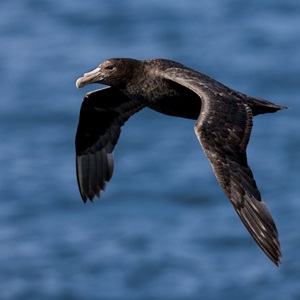
Antarctic fishing stories - 'Beating Bird Bycatch'
Learn how smarter fishing practices dramatically reduced the number of seabird deaths amongst fisheries of the Southern Ocean.
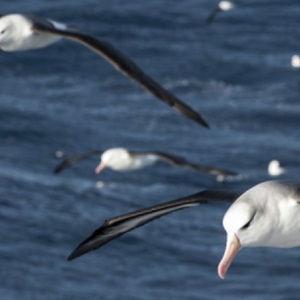
Kahoot! Quiz: Antarctic fishing stories - beating bird bycatch
Quiz to accompany the Marine Stewardship Council story on 'Beating Bird Bycatch' - Smarter fishing practices dramatically reduce the number of seabird deaths See: http://beating-bird-bycatch-stories.msc.org
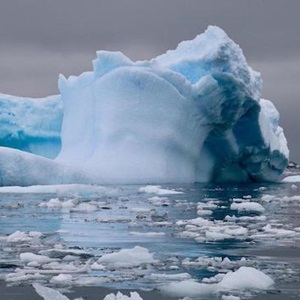
Explosion of life found in Antarctic waters
Watch short film clip from NIWA about recent research into life under the ice.
LESSON PLANS & TEACHER RESOURCES
Did you know that Antarctic Krill can be seen from space?
Or that Southern Ocean whale poop in plays a significant role in the maintenance of our climate?
Use these slides, worksheets and Kahoot! quizzes in your classroom to find out more about these and other fascinating facts about Antarctic krill, whales and food webs.
Krill, Whales, Food Webs & the Antarctic Krill Fishery

Krill & Antarctic Krill Fishery - Slides
Use these slides to develop knowledge about krill and the Antarctic Krill Fishery.
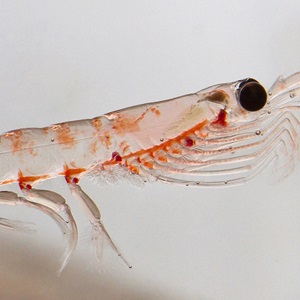
Antarctic Krill Fishery Worksheet
Develop your knowledge of krill and Antarctic krill fishing using this worksheet.
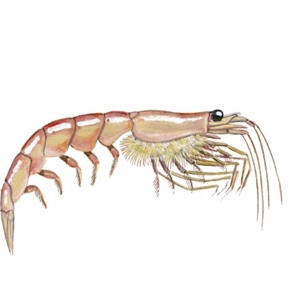
Kahoot Quiz: Krill & the Antarctic Krill Fishery
Test your knowledge of krill and the Antarctic Krill fishery using this Kahoot! Quiz.
.tmb-thumb300.png?Status=Master&Culture=en-AU&sfvrsn=6b2b4556_1)
Kahoot! Quiz: Antarctic Ocean Krill
Test your knowledge about Antarctic Ocean Krill using this Kahoot! quiz.

Antarctic Whale Slides
Use these slides to learn about Antarctic krill, whales, whale poop and how whales help our climate Southern Ocean around Antarctica!

Eavesdropping on Antarctic sperm whales
NIWA is bringing back precious data from long-term underwater listening devices which the researchers are using to search for signs that sperm whales are finally returning in numbers to the Ross Sea. Sperm whales were targeted by the whaling industry in the 19th and 20th centuries and more than 70 per cent of their population wiped out. Scientists are now trying to establish if the sperm whale population is making a comeback.
The Antarctic Fisheries resources are adaptable but target Year 9/10+ learners and link to the New Zealand Curriculum:
| Social studies Level 3 | Understand how people make decisions about access to and use of resources. |
| Social studies Level 4 | Understand how exploration and innovation create opportunities and challenges for people, places, and environments. |
| Social studies Level 5 | Understand how people’s management of resources impacts on environmental and social sustainability. |
| Science Level 3/4: Nature of science | Use their growing science knowledge when considering issues of concern to them. |
| Science Level 5: Nature of science | Develop an understanding of socio-scientific issues by gathering relevant scientific information in order to draw evidence-based conclusions and to take action where appropriate. |
| Technology Level 3: Nature of technology / Characteristics of technology | Understand how society and environments impact on and are influenced by technology in historical and contemporary contexts and that technological knowledge is validated by successful function. |
And Te Tāhuhu o Te Mātauranga
| Tikanga ā iwi Level 4 | Explain how places reflect the past interactions between people and the environment. |
| Tikanga ā iwi Level 4 | Explain how exploration presents opportunities and challenges for people, places, and environments. |
| Pūtaiao Level 4: Natural world / Environment | Investigates biological food chains, and the effects of human actions on these. |
| Pūtaiao Level 6: Natural world / Environment | Recognises the effect of human actions, and natural processes, on an ecosystem in Aotearoa New Zealand. |
Explore more

Featured{{item.Headline}}
{{item.Description}}
Sign up for teacher updates
Each quarter, we'll feature the latest education resources, upcoming calendar dates, competitions and the very best ocean-related stories.

